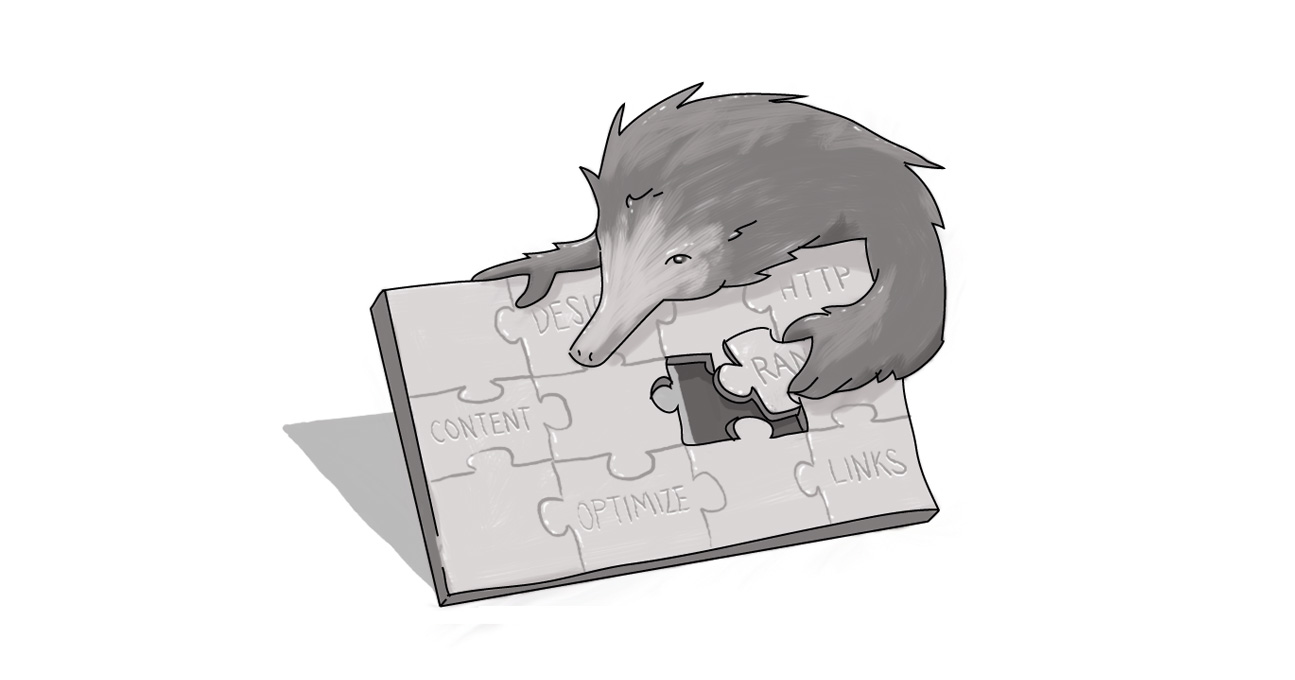An Earnest Look at BERT

Let’s think about famous Berts/Burts for a minute: Burt Ward? Burt Reynolds? Burt Young? And, of course, Bert from Sesame Street. What do they all have in common?
Relationships!
Yes, all these Berts -- however they choose to spell their name -- are known for relationships: Batman’s Robin, Smokey’s Bandit, Rocky’s Paulie, and, of course, Ernie’s best friend and pigeon-loving roommate, Bert.
So it’s no surprise that when it comes to Google’s latest algorithm variation, it chose the acronym BERT -- because BERT is all about relationships of words and providing a better experience for Google search users.
Also, Bidirectional Encoder Representations from Transformers doesn’t exactly roll off the tongue.
So why is this important to you? Because when you’re developing site content, populating title tags and headers, and trying to determine what the right language to use is, it’s important to know your audience. And, in doing so, you can better speak the right language to improve your odds of success.
Pandu Nayak, Google Fellow and VP-Search, highlighted the importance of BERT to its algorithm.
“With the latest advancements from our research team in the science of language understanding -- made possible by machine learning -- we’re making a significant improvement to how we understand queries, representing the biggest leap forward in the past five years, and one of the biggest leaps forward in the history of Search,” he said.
According to 99firms.com, nearly 93 per cent of all web traffic comes through search engines -- and Google is clearly the leader of the pack, including representing a whopping 90 per cent of all mobile search.
Now, if you’ve been part of my Writing for the Web seminar or read any of my previous work on the topic, you know that you can’t “game” the system. Black-hat SEO techniques quickly get rooted out and you can be penalized for this type of behaviour. In addition, gaming the system tends to have you focus on writing for bots and algorithms -- not people.
But people are the ones reading your content. People are the ones executing searches. And people are the ones to whom you’re trying to provide value.
BERT focuses on relationships of words. There is a dramatic difference between the desired results for “Travel needs for someone travelling from Montreal to Paris” as opposed to “Travel needs for someone travelling to Montreal from Paris.” In the past, search results could be skewed or the wrong information included because the focus would be on keywords like “Montreal” and “Paris.” But what BERT does is help to better define the relationship of search queries to each other. The positioning of the “from” and “to” have dramatic impacts on the intent of the sentence and BERT ensures that those relationships are respective.
So what does this mean for you? When you’re creating content or creating information architecture components and structures? It means that you need to focus on intuitive, plain language, follow casual speech patterns, and write naturally. It means eschewing jargon and internal siloing of content for more broadly appreciated patterns. And it should mean going out and asking your end users what they need, how they want it, and how best to present that content.
Back in 2013, Google’s Hummingbird put a premium on natural language search. BERT just continues this path and improves it. This is important when you look at the way we consume content on a daily basis. Back in the early days of the Internet, you would type in “travel+Montreal” and hope to get good results. Now? You’re sitting on your couch and calling out for Siri or Alexa, you’re saying, “Hey Google…” Or maybe you’re using voice search on your phone. That behaviour’s only going to continue to grow and that puts a premium on natural langauge inclusion on your site.
Sure, you could try to force people to use your language, terminology, and internal structure. But isn’t it so much easier -- and a much better experience for your customers -- to let them get results using their own words?
Taking an earnest look at your content and ensuring that it’s written for all the Berts (and Burts) out there can only improve the findability of your content.
SUBSCRIBE TO OUR E-NEWSLETTER
 Subscribe
Subscribe


